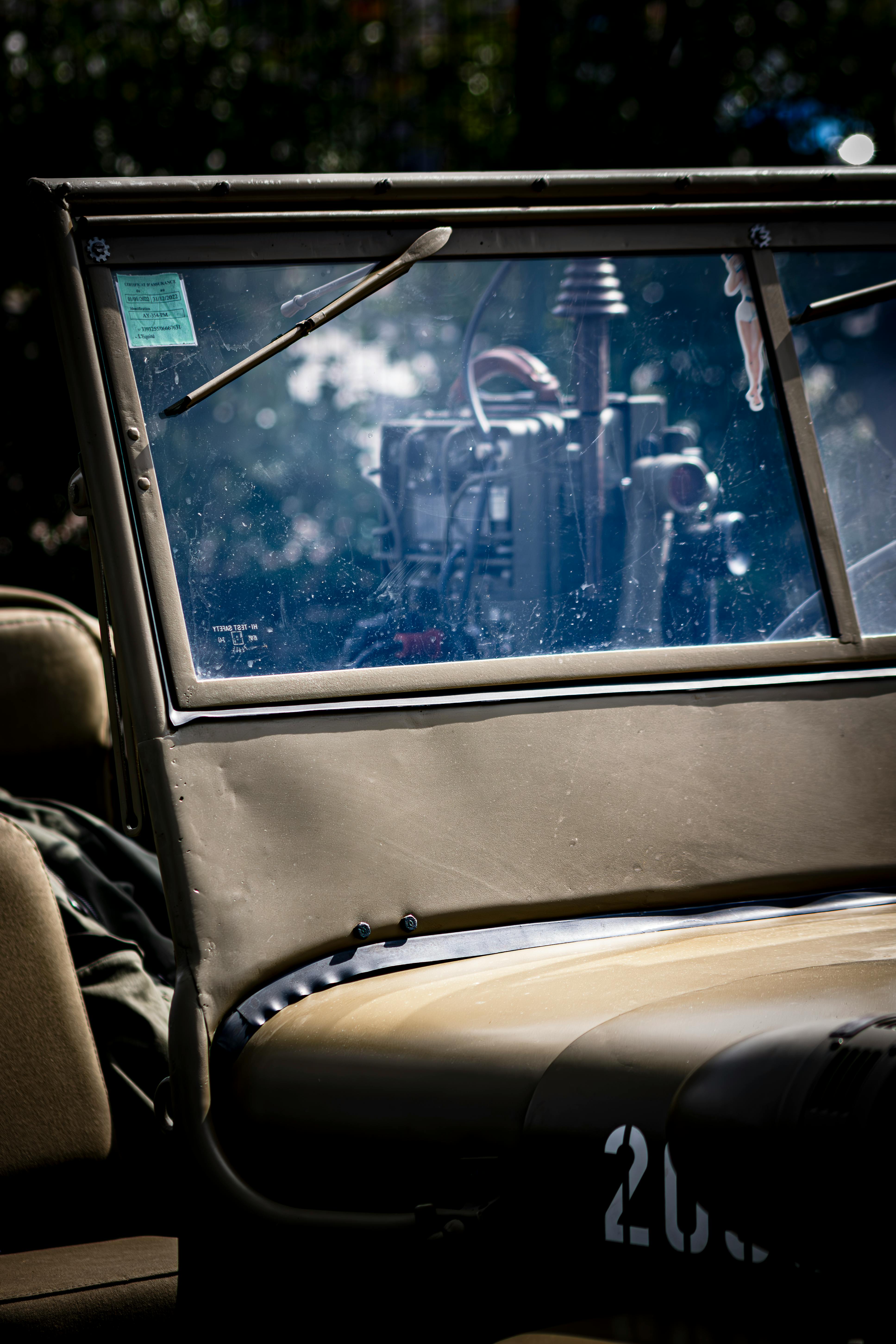Have you ever wondered why your Jeep has a peculiar smell of antifreeze? It can be quite concerning, especially if you’re not familiar with the inner workings of your vehicle. In this article, we will explore the possible reasons behind this distinct odor, helping you better understand and address the issue. So, sit back, relax, and let’s get to the bottom of why your beloved Jeep smells like antifreeze.
Possible Causes of Antifreeze Smell
If you’ve been noticing a strong antifreeze smell in your Jeep, it’s important to identify the underlying cause and address it promptly. The smell of antifreeze can be a sign of various issues within your vehicle’s cooling system. Let’s explore some of the potential causes of this odor, so you can have a better idea of what might be going on.

Leaking Radiator
The radiator plays a crucial role in your Jeep’s cooling system by dissipating the heat generated by the engine. A leaking radiator can be a common cause of the antifreeze smell. Over time, the radiator may develop cracks or holes due to corrosion, physical damage, or normal wear and tear. These leaks can lead to the loss of coolant, which can be both harmful to your engine and result in the distinctive smell of antifreeze.
Faulty Radiator Cap
Another possible culprit behind the antifreeze smell could be a faulty radiator cap. The radiator cap serves as a seal that maintains pressure within the cooling system. If the cap fails to pressurize properly, it can cause coolant to leak out and result in the telltale odor of antifreeze. Additionally, a defective cap may prevent the fluid from flowing back into the radiator, leading to overheating.
Cracked or Damaged Hoses
Engine hoses are essential components of the cooling system and transport coolant throughout the engine. However, these hoses can become damaged or develop cracks over time. Any leaks from cracked or damaged hoses may cause the antifreeze smell in your Jeep. Regular inspections and maintenance of these hoses are crucial to ensure their integrity and prevent any potential leaks.
Leaking Heater Core
The heater core is responsible for providing heat to the cabin of your Jeep. If the heater core develops a leak, it can release antifreeze into the ventilation system, leading to the noticeable smell of coolant. A leaking heater core not only results in an unpleasant odor but can also impact the effectiveness of your vehicle’s heating system. Prompt attention to this issue is necessary to avoid further complications.

Failed Head Gasket
The head gasket is a vital component that seals the cylinder head to the engine block. It ensures that coolant and oil do not mix while maintaining pressure within the engine. However, a failed head gasket can allow coolant to enter the combustion chamber, resulting in an antifreeze smell from the exhaust. This is a serious issue that requires immediate attention, as driving with a failed head gasket can lead to severe engine damage.
Blown Intake Manifold Gasket
Similar to the head gasket, the intake manifold gasket plays a crucial role in sealing the intake manifold to the engine block. A blown intake manifold gasket can allow coolant to mix with the air-fuel mixture, causing an antifreeze smell. This issue can also lead to coolant leaks and potential engine damage if not addressed in a timely manner.

Coolant Leaks
In addition to the specific components mentioned above, coolant leaks can occur from various other locations within the cooling system. These leaks can stem from damaged or deteriorating hoses, worn-out gaskets, or corrosion in different parts of the system. Coolant leaks not only result in the antifreeze smell but can also lead to engine overheating and decreased cooling system efficiency.
Overheating Engine
An overheating engine can be a direct cause of the antifreeze smell in your Jeep. When the engine temperature rises above normal levels, it can result in coolant boiling and evaporating, leading to the distinct odor of antifreeze. Overheating can be caused by a multitude of factors, including coolant leaks, faulty thermostat, water pump failure, or a malfunctioning cooling fan.

Improperly Installed Coolant Reservoir Cap
While it may seem like a minor issue, an improperly installed coolant reservoir cap can contribute to the antifreeze smell in your Jeep. The cap ensures a proper seal on the coolant reservoir and helps maintain the integrity of the cooling system. If the cap is loose or not properly tightened, it can lead to coolant leaks and the subsequent smell of antifreeze.
Coolant Spills
Accidental coolant spills during maintenance or topping off the coolant level can also be a cause of the antifreeze smell. Even small spills can result in a noticeable odor, especially if the coolant comes into contact with hot engine components, such as the exhaust manifold. Proper cleanup and prevention of coolant spills are essential to maintain a safe and odor-free environment.
Now that we have explored the possible causes of the antifreeze smell in your Jeep, it’s essential to delve deeper into each specific issue to gain a better understanding of their impact and potential solutions. By addressing these problems promptly, you can ensure the optimal performance and longevity of your vehicle.

